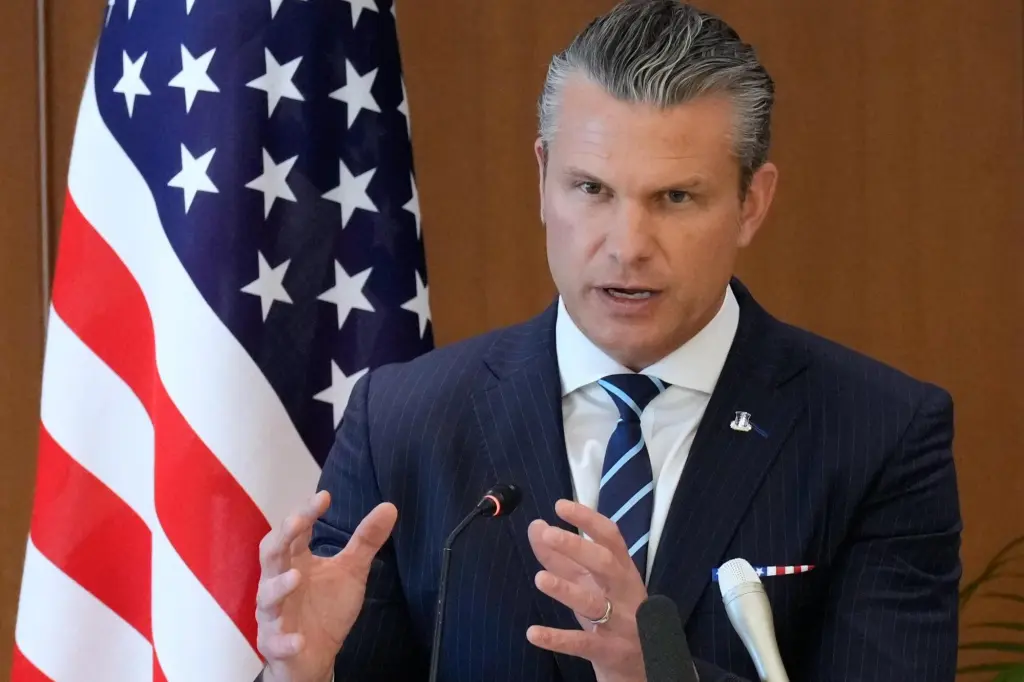Copyright St. Paul Pioneer Press

To place an obituary, please include the information from the obituary checklist below in an email to obits@pioneerpress.com. There is no option to place them through our website at this time. Feel free to contact our obituary desk at 651-228-5263 with any questions. General Information: Your full name, Address (City, State, Zip Code), Phone number, And an alternate phone number (if any) Obituary Specification: Name of Deceased, Obituary Text, A photo in a JPEG or PDF file is preferable, TIF and other files are accepted, we will contact you if there are any issues with the photo. Ad Run dates There is a discount for running more than one day, but this must be scheduled on the first run date to apply. If a photo is used, it must be used for both days for the discount to apply, contact us for more information. Policies: Verification of Death: In order to publish obituaries a name and phone number of funeral home/cremation society is required. We must contact the funeral home/cremation society handling the arrangements during their business hours to verify the death. If the body of the deceased has been donated to the University of Minnesota Anatomy Bequest Program, or a similar program, their phone number is required for verification. Please allow enough time to contact them especially during their limited weekend hours. A death certificate is also acceptable for this purpose but only one of these two options are necessary. Guestbook and Outside Websites: We are not allowed to reference other media sources with a guestbook or an obituary placed elsewhere when placing an obituary in print and online. We may place a website for a funeral home or a family email for contact instead; contact us with any questions regarding this matter. Obituary Process: Once your submission is completed, we will fax or email a proof for review prior to publication in the newspaper. This proof includes price and days the notice is scheduled to appear. Please review the proof carefully. We must be notified of errors or changes before the notice appears in the Pioneer Press based on each day’s deadlines. After publication, we will not be responsible for errors that may occur after final proofing. Online: Changes to an online obituary can be handled through the obituary desk. Call us with further questions. Payment Procedure: Pre-payment is required for all obituary notices prior to publication by the deadline specified below in our deadline schedule. Please call 651-228-5263 with your payment information after you have received the proof and approved its contents. Credit Card: Payment accepted by phone only due to PCI (Payment Card Industry) regulations EFT: Check by phone. Please provide your routing number and account number. Rates: The minimum charge is $162 for the first 12 lines. Every line after the first 12 is $12. If the ad is under 12 lines it will be charged the minimum rate of $162. Obituaries including more than 40 lines will receive a 7.5% discount per line. On a second run date, receive a 20% discount off both the first and second placement. Place three obituaries and the third placement will be free of charge. Each photo published is $125 per day. For example: 2 photos in the paper on 2 days would be 4 photo charges at $500. Deadlines: Please follow deadline times to ensure your obituary is published on the day requested. Hours Deadline (no exceptions) Ad Photos MEMORIAM (NON-OBITUARY) REQUEST Unlike an obituary, Memoriam submissions are remembrances of a loved one who has passed. The rates for a memoriam differ from obituaries. Please call or email us for more memoriam information Please call 651-228-5280 for more information. HOURS: Monday – Friday 8:00AM – 5:00PM (CLOSED WEEKENDS and HOLIDAYS) Please submit your memoriam ad to memoriams@pioneerpress.com or call 651-228-5280. By KONSTANTIN TOROPIN, Associated Press WASHINGTON (AP) — The Pentagon has rolled out a new policy that will severely undercut the ability for transgender troops who have been banned from the armed forces by the Trump administration to turn to boards of their peers to argue for their right to stay in the military, according to a memo obtained by The Associated Press. If military separation boards decide to allow transgender service members to remain in uniform, commanders can override that decision, according to an Oct. 8 memo to all the services from the Pentagon’s undersecretary for personnel and readiness, Anthony Tata. That breaks with longstanding policy that boards act independently. It is the Pentagon’s latest step to drive transgender troops out of the armed forces following an executive order from President Donald Trump. He and Defense Secretary Pete Hegseth have targeted diversity, equity and inclusion efforts in what they say is an effort to make the military more lethal. The administration’s policies have faced pushback in the courts as trans troops and their supporters say they have proven their worth to the military, but the U.S. Supreme Court in May allowed the ban to be enforced while legal challenges proceed. The new memo, which advocates say was only made available to troops last week, also sets up an additional hurdle of requiring that trans service members appear before separation boards in uniforms that match the gender assigned to them at birth — and if they fail to do so, their absence can be used against them. Uniform mandate could keep trans troops away from hearings The policy — and specifically the uniform mandate — will force a lot of people not to be able to attend their separation board hearings, according to Emily Starbuck Gerson, a spokeswoman for SPARTA Pride, an advocacy group for transgender troops and veterans. “They’re already essentially being rigged with a predetermined outcome and then now you’re further penalizing someone for not showing up because they can’t wear the wrong uniform,” Gerson added. When asked about the memo, Pentagon assistant press secretary Riley Podleski said that “as a matter of policy, the Department does not comment on ongoing litigation.” The policy follows an Air Force directive reported by The Associated Press in August, which said separation boards could not independently decide whether to keep or discharge transgender troops and instead “must recommend separation of the member” if they have a diagnosis of gender dysphoria — when a person’s biological sex does not match up with their gender identity. Gerson said the new policy that applies to all the services “feels very similar to what the Air Force rolled out” but noted that some of the additional hurdles like the uniform mandate were “alarming.” The October memo says, “should the Service member not conform to uniform and grooming standards, board proceedings will continue with the Service member in absentia and may, as appropriate, take the Service member’s failure to comply with standards intro consideration when determining whether the basis for separation has been established.” ‘A betrayal of what the military has seen me as’ Many transgender troops have been serving for years and likely don’t own uniforms in the gender assigned to them at birth. And they say forcing them into those uniforms would feel wrong. Logan Ireland, a master sergeant in the Air Force with 15 years of service, said he has been seen as a man for most of his adult life and for almost 13 years of his military service. “It would be a betrayal of what the military has seen me as,” he said, adding that “it would be like a costume-like effect.” Ireland, like almost all other transgender troops, is on administrative leave, and he is sporting a long beard. “Can I put on a skirt or wear the female dress uniform? Sure, yes. … But does that reflect who I am and what I appear to be on a daily basis? No, and it just creates a lot of confusion,” he said. Gerson, the advocate, says the new policy seems to run counter to the ideal of a merit-based military that Hegseth has touted. “It does not account for the service member’s career history, accomplishments, training and the necessity to their field,” she said. Ireland also noted that the policy “denies us the dignity and respect we were promised as we are forced out of a service that once honored our contributions.” What the military separation boards do The boards traditionally offer troops who are facing separation from the military a chance at a quasi-legal hearing to determine if that service member still has value to the military and should stay on. Fellow service members hear evidence of whatever wrongdoing occurred and about the person’s character, fitness and performance. While not a formal court hearing, it has much the same structure. Service members are often represented by lawyers, they can present evidence in their defense and they can appeal the board’s findings to a federal court. The Pentagon’s policy on separating officers notes that they are entitled to “fair and impartial” hearings that should be “a forum for the officer concerned to present reasons the contemplated action should not be taken.” This impartial nature means that the boards can sometimes reach surprising conclusions. For example, the commanding officer of the USS McCain, a destroyer that collided with an oil tanker in the Pacific in 2017, killing 10, was not recommended for separation in 2019. More recently, the three active duty Marines who were part of the mob that stormed the Capitol on Jan. 6, 2021, were also retained. Priya Rashid, a military lawyer who has represented service members before hundreds of separation boards, said the fact that commanders can override this process for trans troops subverts justice. “Service members who are accused of serious misconduct, violent misconduct, sex-based misconduct … are being afforded more due process protections and more rights and entitlements than this group of people solely based on the administrative label of gender dysphoria,” she said.



